The White Lotus has always intriguingly portrayed the concerns of the ultra-rich while simultaneously weaving their stories in with those of the season’s less-privileged characters. Just a few episodes in, we’d typically already be deeply invested in nearly every main character — a make-or-break factor when it comes to building anticipation for the signature big reveal of who has died. (Editor’s Note: Every season of the series begins with a death.)
The elevator pitch for Season 3 would be that it centers around individuals in search of an escape. But that would be an overly simplistic description of a season that, in truth, attempts to unearth so much more than its predecessors ever have. And whether it’s being confronted, escaped, or merely contemplated as a concept, the looming presence of death also lingered throughout pretty much every episode.
Symbolism and mystery are also rightfully scattered throughout this season, which is fitting given Mike White’s attempt to dissect faith, belief systems, and mysticism, making Thailand the perfect location for such an endeavor.
One aspect I found particularly well-executed, a recurrent theme throughout pervious seasons, but one that felt more central in this one: the notion of reconciling one’s projections of themselves with their true identity. Many scenes repeatedly showed characters defining themselves, or attempting to do so, only to later be confronted by their inner demons, or forced to admit some uncomfortable truths.
This season also introduced us to a fresh group of guests and hotel staff. Each one is grappling with personal dilemmas, or entangled in some kind of messy relationship dynamic, and I absolutely ate up every single one of them.
Rick and Chelsea

There was Rick, seeking closure from an unhealed childhood trauma by planning a murder, when what he truly needed all along was therapy.
And then there was Chelsea, one half of the star-crossed lovers, caught in a crossfire. Appearing rather self-aware and least prone to bad decisions, yet willingly staying in a toxic relationship as she continued to romanticize the misguided notion of soulmates.
And somehow, these two still felt like the most genuine couple the show has given us. Think of all the others – built on deception, pretense, or mind games – while these two were always brutally honest with each other and stayed loyal despite their many differences. A breath of fresh air, even if she deserved much better. (Or ought to have known better!)
The Ratliffs

Then there was the absolute chaos that is the Ratliff family. The patriarch, Timothy, spent 90% of his screen time wrestling with the idea that death might be his (and his family’s…) only way out of an impending downfall.
His daughter Piper, who longed to stay in a monastery in Thailand, but never once dressed for the occasion. She also self-righteously believed she wasn’t as out-of-touch as her family, yet remained just as oblivious to everything around her, much like her blissfully ignorant mother.
But what we can’t leave out from the discourse is that infamous moment of incest that traumatized not only the two brothers, Saxon and Lochlan, but the rest of us as well. As Saxon spiraled in its aftermath, the show began hinting at a nuance we’ve never quite seen in his equivalents from past seasons, Shane and Cameron — neither of whom ever showed any potential for redemption.
One moment alluding to this was when Saxon admits to his father that his nepo baby privilege was all he had going for him. And while he started out ogling every woman who walked by, his decision to respect Chelsea’s request to leave her room felt like a direct response to having had his own consent violated. Did he leave a better man than when he arrived? Maybe. But let’s be real, not by that much.
Belinda, Gaitok, and Greg
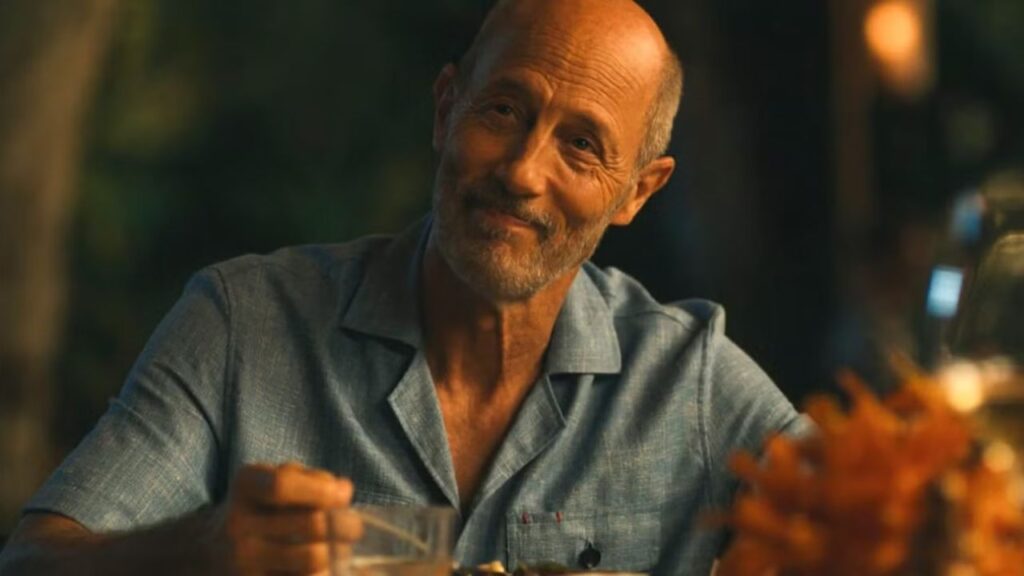
This season also marked the return of some familiar faces. We’re reunited with Belinda, who once again found herself tied to Tanya, even in the latter’s death.
Greg, now going by Gary, is also back, and remains the only character central to a plot spanning all three seasons. (He is ironically the one who robbed us of the one character we’d have liked to see throughout every season). And (of course!) he’s hiding out in Thailand in an attempt to erase the murderous sins of his past.
On this note, we need to also consider sweet, lovelorn Gaitok. Both Belinda and Gaitok ended up exactly where they’d always dreamed of, but in getting there, they allowed themselves to be corrupted. That said, both of their choices felt realistically human.
Belinda tasted wealth for just a moment, and already, she pulled a Tanya on poor Pornchai. Gaitok, who never wanted to hurt anyone, hesitated, but eventually pulled a trigger to a man’s back, one literally carrying another seemingly dead body. He then ended up “winning” Mook, who seemed far more interested in his “status” than who we was as a person.
At the end of the day, Belinda let Greg get away with murder, while Gaitok let Valentin and his compadres get away with robbery.
When we later catch a sinister glimpse of Greg’s happy ending, we also spot Chloe, seemingly unaffected by Chelsea’s death. Though their friendship was admittedly short-lived, they did seem to have formed a genuine bond. Or so it appeared.
Jaclyn, Laurie, and Kate
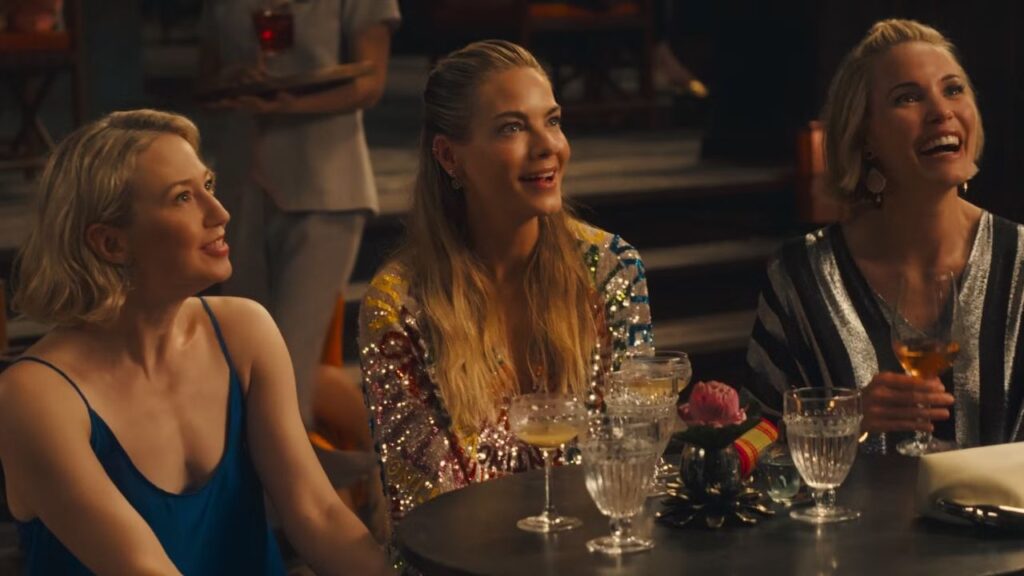
The trio of childhood friends might seem like the most grounded of the main characters, or at least, they initially appear that way.
We very quickly discover the fact that their childhood connections are but a thin thread tying them together. Trapped for a week after years apart, their reunion amplified the unresolved issues at the heart of their inability to have a genuine friendship, even as adults.
Each character also represents very different dilemmas. Jaclyn craves the spotlight and constantly dodges the inevitability of aging, a pursuit she achieves through questionable means, even at the expense of people she genuinely cares about.
Kate, on the other hand, would rather pretend than face confrontations. A friend to all is a friend to none. Is she fake, or is her desire to choose harmony over conflict simply an authentic part of who she is?
Finally, Laurie, who started out on a less cheerful note than the other two, eventually found solace in just having a seat at the table. (Carrie Coon was fantastic and stole every scene!)
There are some who believe that the ladies will just go back to ignoring each other after their time in Thailand. Perhaps. But the point here is they’ve come to accept and excuse each other’s flaws (vanity, voting for Trump, corporate servitude, and all), the way we all do when we’ve known someone our whole lives.
Was This Season Lesser Than the Previous Ones?
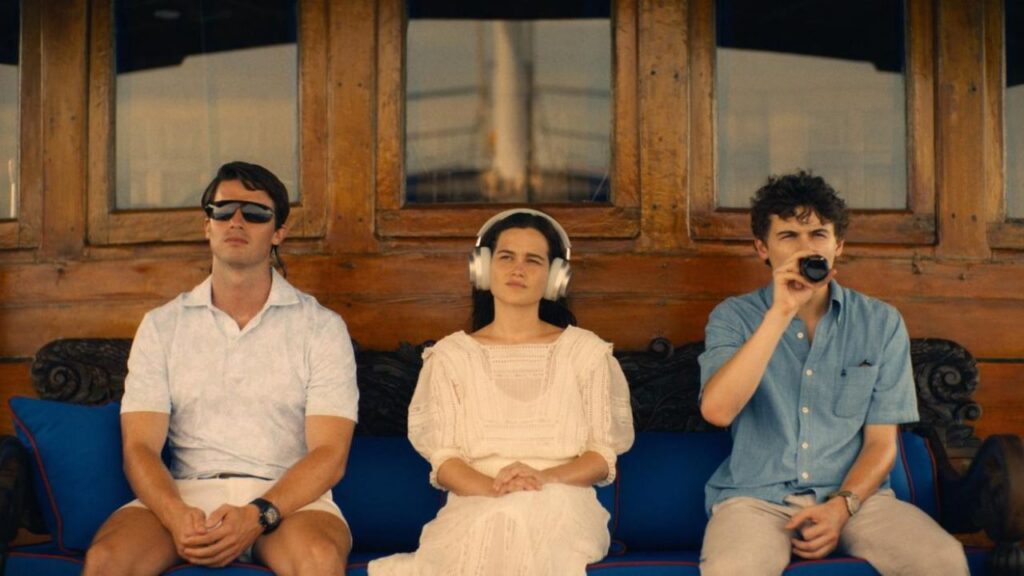
Despite everything I liked, I had my fair share of frustrations too.
Why did the previous seasons of The White Lotus feel superior. At first, I thought that maybe Season 1’s commentary on colonial power imbalances was simply easier to convey through satire. Season 2, on the other hand, tackled the dynamics of sex and relationships, which are inherently relatable themes, given how central lust and love are to the human psyche. And while Season 3’s core themes may echo those of Season 1, maybe part of what made the latter so appealing was that it didn’t take itself quite as seriously. I also appreciated how Season 2 offered a more compelling look into everyone’s motivations and desires.
So it was a little unortunate that this latest season — which aimed to take on the most daunting and intricate issues yet — seemed to lack all of the above. But having mulled over the entire series upon its finale, I’m starting to realise how completely false that line of reasoning was. For example, was this season really not as playful as the previous ones? Or did it continuously tease us with exhilarating moments, only to snatch them away almost immediately, as though it was laughing in our faces? Take Gaitok retrieving the gun, for instance, how lucky was he? He didn’t have to face the fact that he was simply bad at his job. Instead, he got to wonder about his tolerance for violence.
In fact, if you really think about it, it’s pretty ironic that the season which most explicitly explores the nature of good and bad, ends with no one actually becoming a better version of themselves. Sure, that’s not new for The White Lotus, but it feels especially significant here.
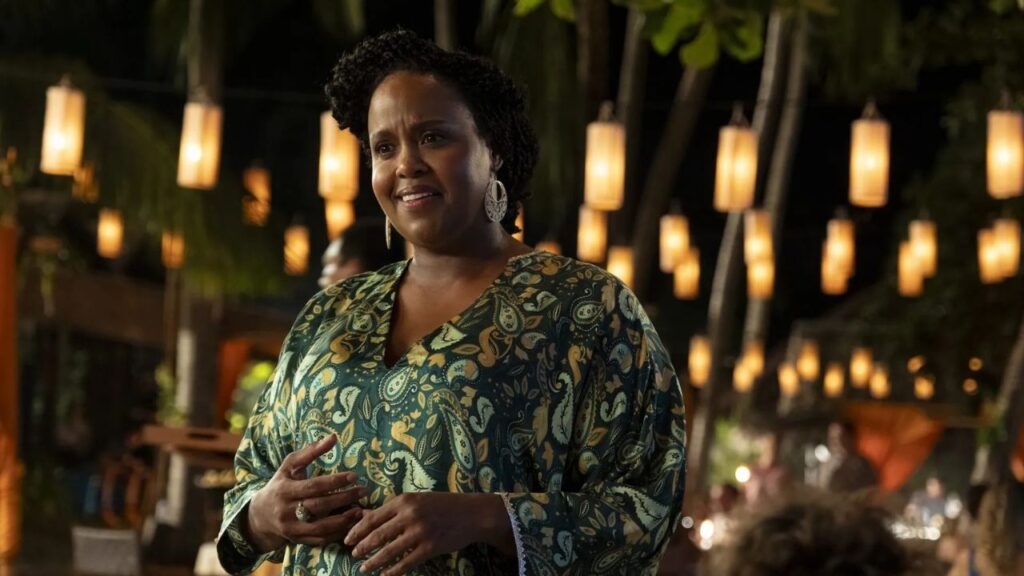
If you ask me, part of why the ending felt somewhat predictable is because most of these characters either lacked much depth to begin with or had always been fairly transparent about who they were. Yes, even Belinda and Gaitok, their moral dilemmas lingered because there are others who would simply do the right thing.
I also felt that this season’s characters didn’t quite measure up to those from earlier seasons of The White Lotus. Take Chloe, for instance, as captivating as she was on screen, she often came across as one-dimensional, reduced to a caricature of a trope, with most of her scenes revolving around trash-talking Greg or talking about sex and little else. But then again, people like her, who instigate chaos purely for the thrill of it, very much exist.
Even fan-favourite Victoria, while certainly memorable, seemed to pale in comparison to Tanya, who was far more complex and layered. But what if that was the point? Victoria was, quite plainly, shallow and elitist, and that’s about it. When her daughter broke down, realising she couldn’t live without the comforts of their wealth, Victoria’s response was to remark, in all seriousness, that not enjoying their wealth would be offensive to those who didn’t have it.
I liked that the show didn’t bother justifying anyone’s mean streak. It simply presented people making immoral or unethical choices as they are. Sometimes, people are just selfish because of their upbringing — the Ratliffs have their riches, while Belinda, Gaitok, and Mook are survivors of a harsh world made harsher by poverty. And sometimes, the Gregs of the world never face justice simply because their wealth affords them that opportunity.
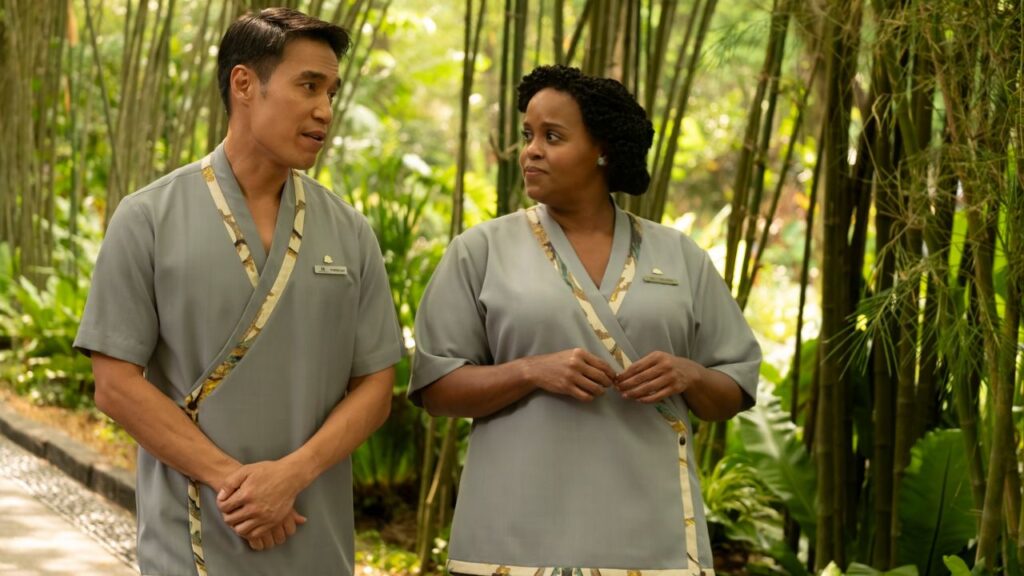
And then there is the pacing. The White Lotus has thrived on slow-burn storytelling, carefully unpacking each gripping plot, before bringing them all together in a moment of choreographed chaos. So how did this season’s longer runtime fare in this regard. Did the tension fizzle out? Not for me it didn’t. I honestly believe that a show built around character observations absolutely earns the right to take its time.
So many factors contribute to the continued success of The White Lotus. We have the eery anxiety-inducing soundtrack by Cristobal Tapia de Veer, setting just the right mood for every scene. (I’m still in denial about him not returning for Season 4). The breathtaking landscapes and majestic-looking hotels that further elevate the satire. And the guests are always styled to glamorous perfection.
Isn’t it hilarious how we participate in ridiculing these characters, yet find ourselves mesmerised by the very superficial elements that make their world seem irresistibly inviting? (Check out How The White Lotus does Satire for an insightful take on this.)
But really, what in fact makes this anthology so effective is its colourful mix of characters and the brilliantly written, superbly awkward conversations they usually find themselves in. And this season certainly didn’t fall short of that. The debates sparked by this series, and this season in particular, are a testament to Mike White’s genius in poking fun at everything.
So I guess the only thing left for me to say is… bring on Season 4.

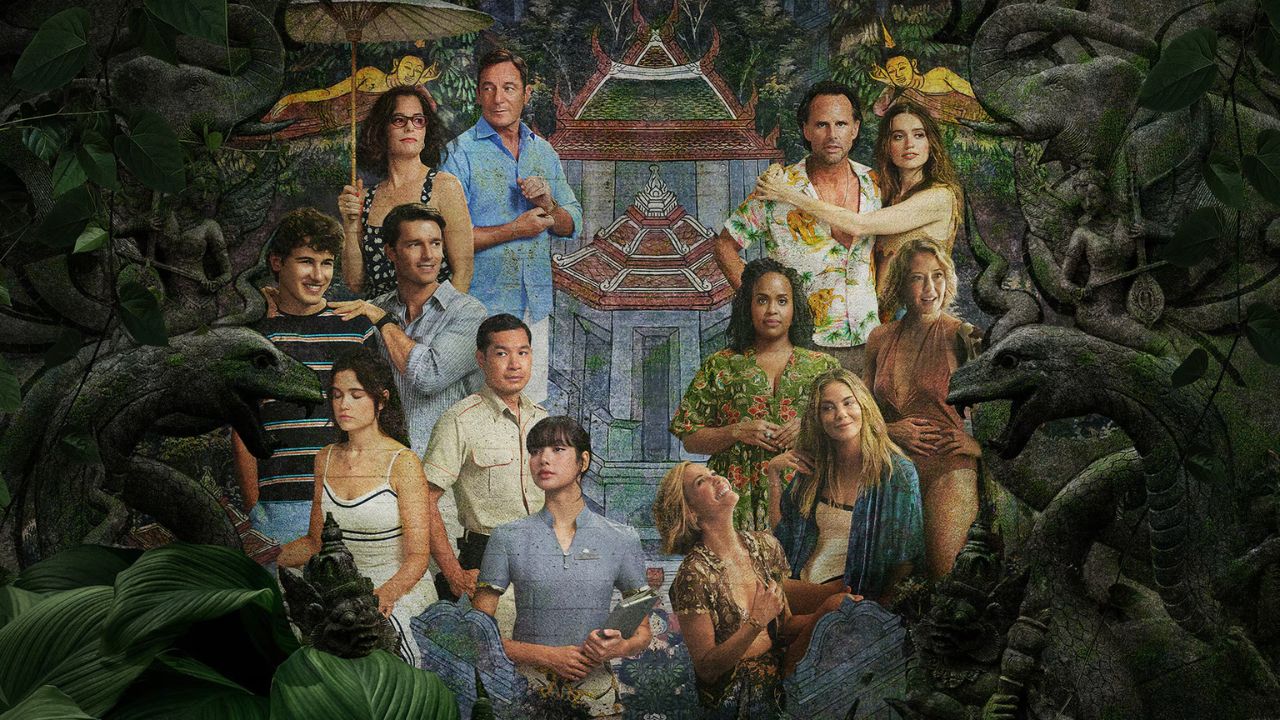
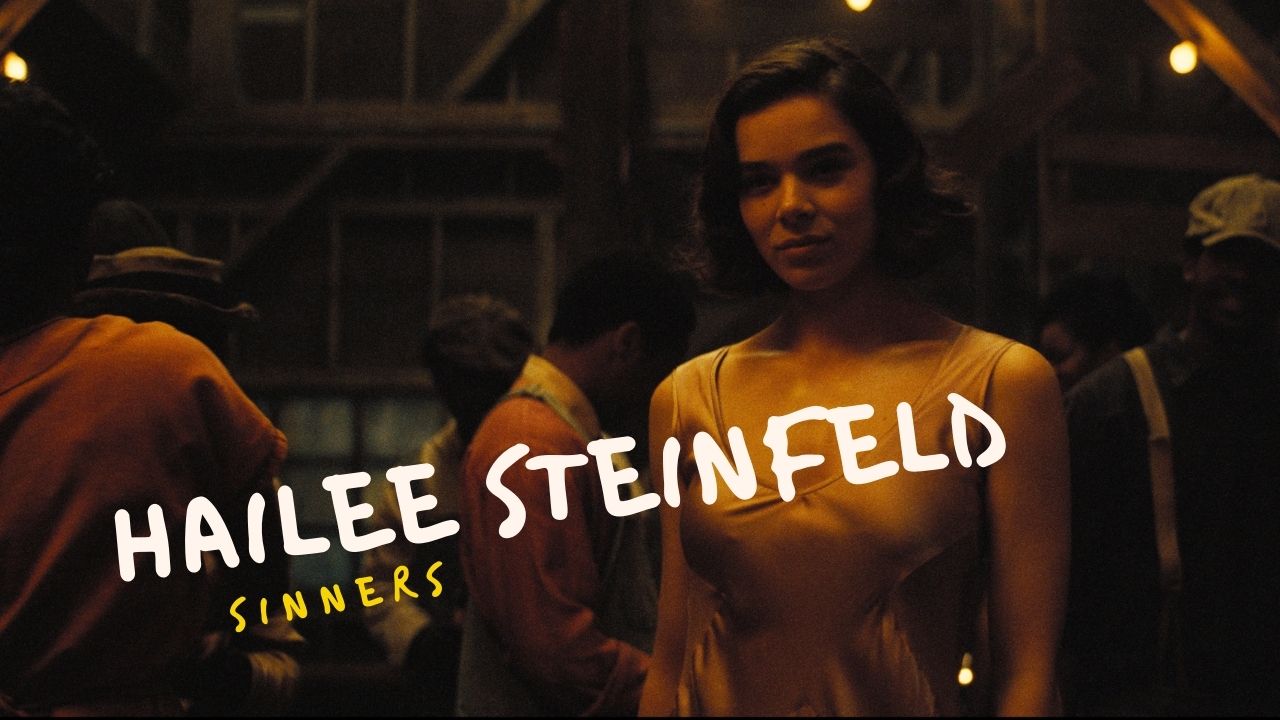
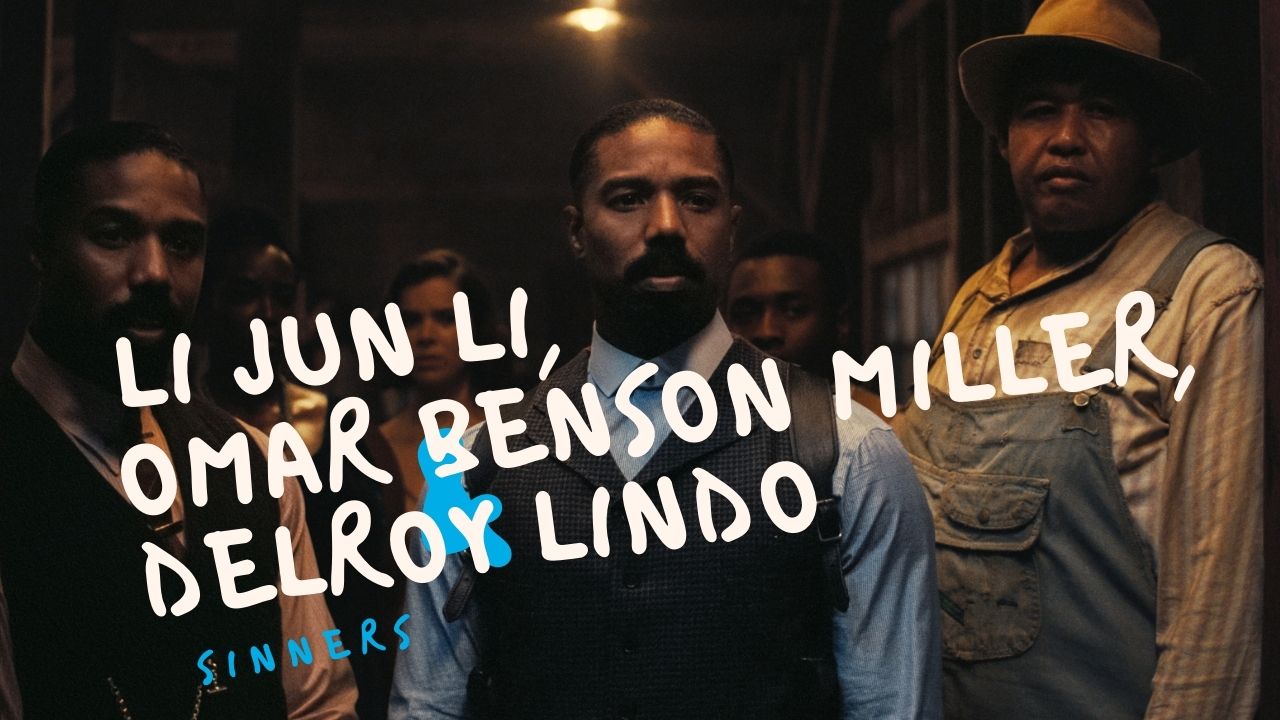


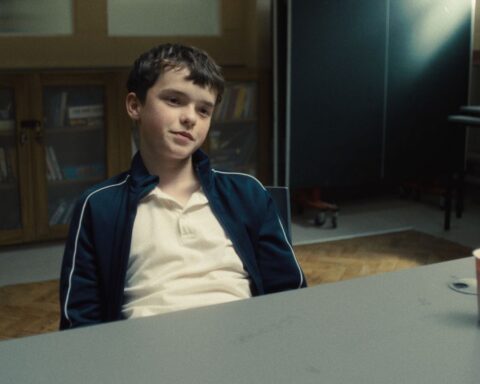

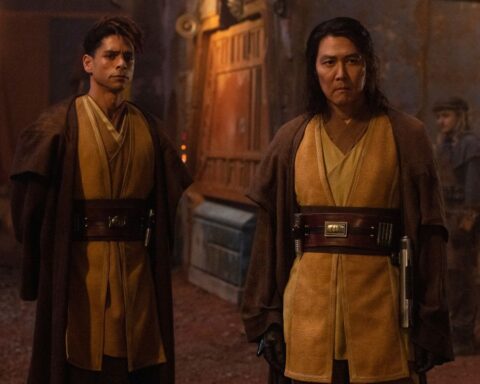
Follow Us